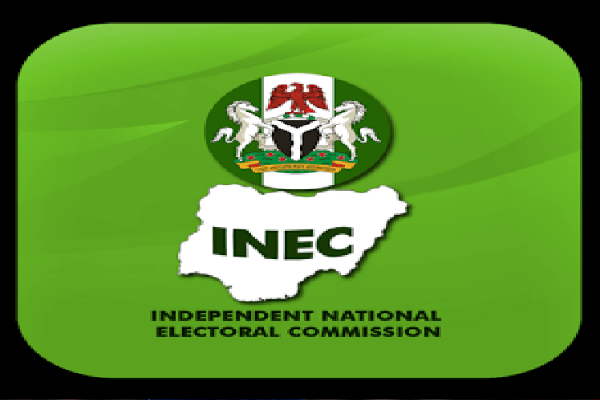INEC has revealed that 13% of candidates in 2019 elections were women
Only 13 percent (3,163) of candidates that justled for different positions in the 2019 general election were women, leaving the balance of 87 percent (21,190) for men, with a total of 24,353 contestants.
These were part of the data in a 125-page INEC report entitled “Review of the 2019 General Election: Report of the Commission’s Retreats and Stakeholder Engagements”, presented by the INEC Chairman, Mahmood Yakubu, last Friday.
The report, which covered the electoral umpire’s general readiness, voter registration and Permanent Voters Card collection, level of recruitment, logistics, training and transportation, among many others, he also made several recommendations for future election processes.
According to the report, the least representation for women was in the governorship election, where they had just 7.5 percent of 1,066 candidates, but high in numbers (80).
Moreover, in numerical terms, the least representation for women was in the presidential contest. Among the total 73 candidates, only 6 were women. Their highest was in the states houses assembly, where among 14,580 candidates, women were 1,872. But in percentage, it was still low (12.8).
Others were Vice President, where women were 22 or 30.1% of 73 candidates; FCT councillorship, 89 or 12.7% of 701 candidates; governorship, 7.5% of 1,066 candidates; deputy 28.5%.
Also low were women participation in senatorial, House of Reps, FCT chairmanship and deputy FCT chairmanship: 12.3% of 1,904; 11.6% of 4,680; 12.4% of 105 and 27.6%, respectively.
The Nigerian National Gender Policy put women’s level of representation to be 35%.
However, in view of promises to give women more slots in elective and appointive positions, the INEC data above and the number of women in governments at all levels showed the unfulfilled promises.
For example, only seven (3.08) of 44 ministers in President Muhammadu Buhari’s administration are women.
Meanwhile, the INEC report made recommendations geared towards “deepening internal party democracy” and “the management of the parties”, which could further help more women contest and win more slots in Government.
The recommendations included “Amendment of the Electoral Act to address gaps in the provisions for campaign financing to strengthen mechanisms for campaign finance monitoring and compliance;
“Immediate publication of the report on 2019 general election campaign finance monitoring; and engagement with IPAC, several party leaders and the relevant stakeholders to promote inclusiveness and the popular participation especially for women, youth and people with various disabilities.”


















